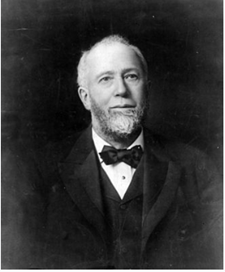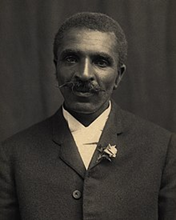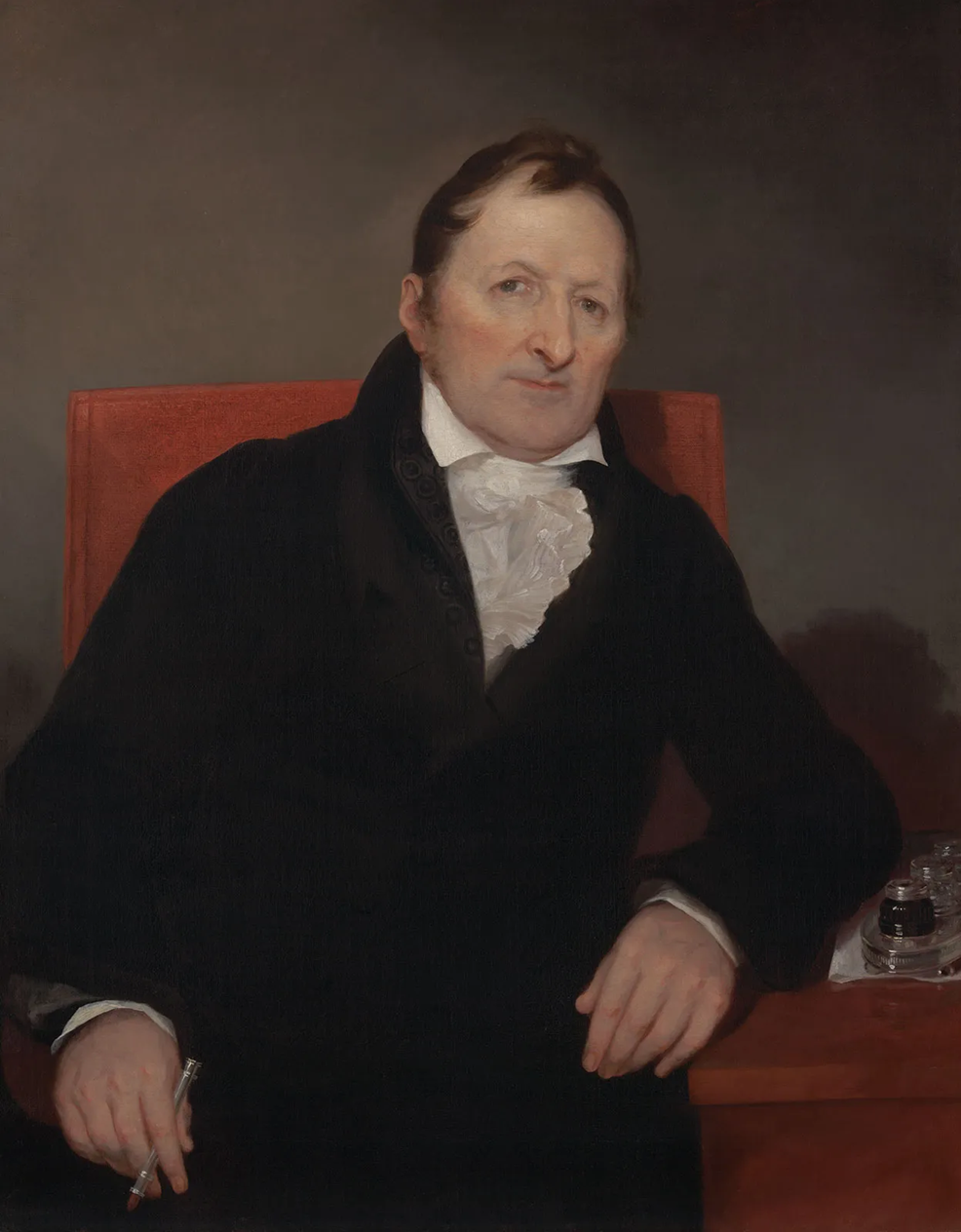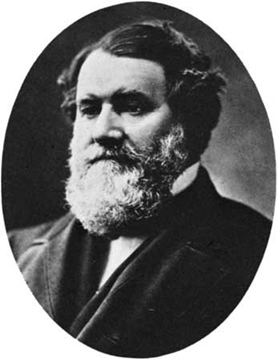|

Gustavus Franklin Swift, Sr,, born June 4, 1839 in Sagamore,
Massachusetts. He was the son of William and Sally (Crowell) Swift. He was
the 9th of 12 children. He was the descendant of British settlers who immigrated
to New England in the 17th century. Swift developed his interest in the meat
packing industry while working with his family on a farm
in West Sandwich,
Massachusetts where they slaughtered cattle, hogs, and
sheep.
GFS
married Annie Maria Higgins in 1861. Nine of their
eleven children reached adulthood. They soon opened a
small slaughterhouse and butcher shop in Boston, MA.
In 1872 DFS
partnered with well known meat dealer, James A. Hathaway
to form the business Hathaway and Swift in
Albany, NY and moved the company to Buffalo, NY.
Hathaway and Swift moved to Chicago in 1875 and 1878
GFS partnered with his younger brother,
Edwin, and Hathaway to form the company Swift Bros
and Company The company became a driving force in
the Chicago meat packing industry, and was incorporated
in 1885 as Swift & Co. By the time of his death
in 1903 Swift and Company, often referred to as "The
house of Swift", employed over 21,000 people and
slaughtered as many as 4 million hogs, 2 million cattle,
2 and million sheep. |
|
GFS is credited with developing the first
ice-cooled reefer (refrigerated) railroad car making the
long distance shipment of fresh meats possible. He also
led in
pioneering the use of animal by-products
for the manufacture of soap, glue, fertilizer,
various types of sundries, and even medical products. |
 Grorge
Washington Carver born into
slavery before 1865 in Newton County, Missouri. In 1886
GWC homesteaded a claim in Ness, County, Kansas where he
raised rice, corn, vegetables, fruit trees, forest
trees, and shrubbery.
Grorge
Washington Carver born into
slavery before 1865 in Newton County, Missouri. In 1886
GWC homesteaded a claim in Ness, County, Kansas where he
raised rice, corn, vegetables, fruit trees, forest
trees, and shrubbery. 


 Cyrus
Hall McCormick born on February 15, 1809,
in Raphine, Virginia, the son of inventor Robert
McCormick Jr. (1780–1846) and Mary Ann "Polly" Hall
(1780–1853) was an inventor and businessman who founded the McCormick Harvesting Machine Company,
which later became part of the International Harvester Company in 1902.
Cyrus
Hall McCormick born on February 15, 1809,
in Raphine, Virginia, the son of inventor Robert
McCormick Jr. (1780–1846) and Mary Ann "Polly" Hall
(1780–1853) was an inventor and businessman who founded the McCormick Harvesting Machine Company,
which later became part of the International Harvester Company in 1902.